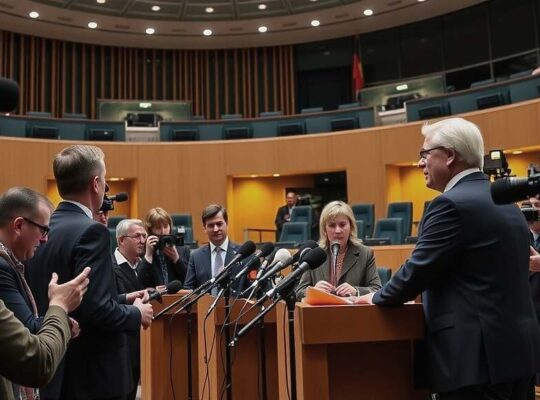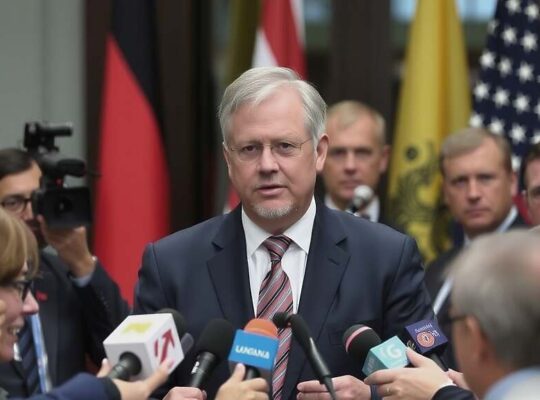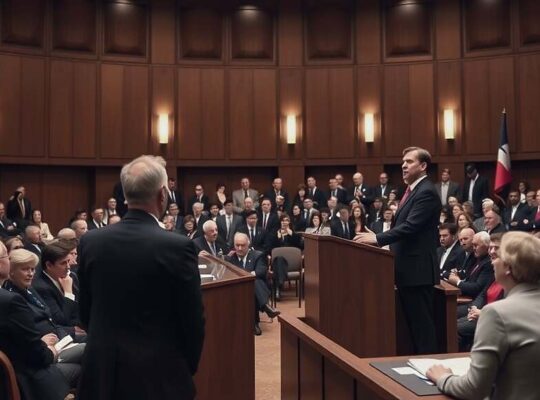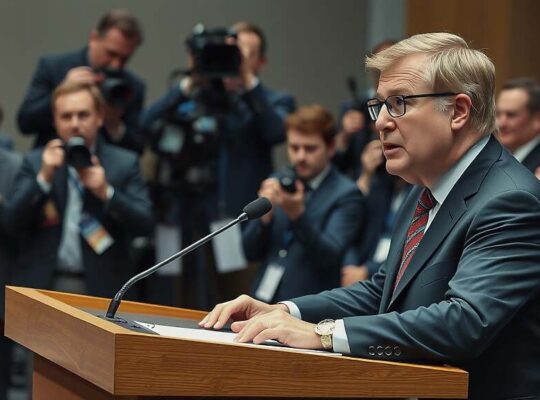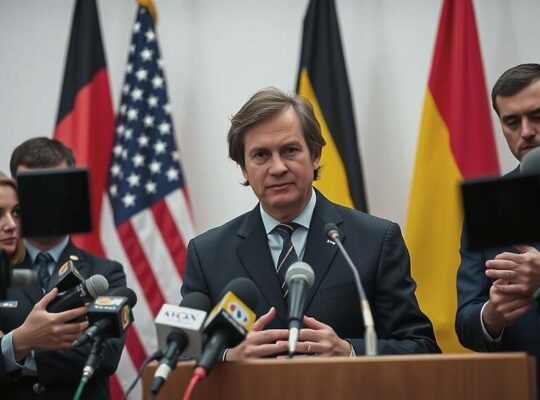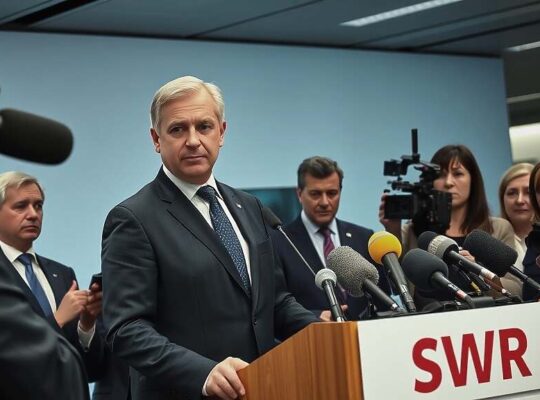The abrupt dissolution of Germany’s “traffic light” coalition has left a conspicuous silence between former Finance Minister Christian Lindner and ex-Chancellor Olaf Scholz, according to remarks published by “Handelsblatt”. Lindner confirmed limited contact since the coalition’s collapse, stating he has maintained communication with Robert Habeck, the former Green Party Minister for Economic Affairs and Climate Action, but not with Scholz.
Lindner’s comments offer a candid assessment of the fraught relationship within the former governing alliance. While acknowledging successes during their tenure, he characterized the period as marked by “a process of alienation and ultimately disappointments”. This pointed critique highlights the growing ideological distance that ultimately contributed to the coalition’s disintegration, despite initial optimism.
Responding to accusations that the FDP strategically orchestrated the coalition’s downfall with a controversial paper focused on defense spending, often referred to as the “D-Day paper” Lindner firmly denied the claim. He asserted that the FDP had consistently presented a clear choice: either fresh elections or a radical shift in economic policy. This portrayal frames the FDP’s actions not as a deliberate sabotage but as a transparent proposal for alternative pathways.
Looking ahead, Lindner expressed confidence in a potential resurgence for the FDP. Drawing a parallel with the recent and unexpected rise of the Left Party (Die Linke), he suggested that a confluence of timely issues, compelling personalities and opportune circumstances could propel the FDP back into a position of greater influence. This sentiment reflects a desire for renewed relevance and a willingness to capitalize on the political vacuum created by the coalition’s failure. The comments signal a potentially aggressive strategy for the FDP as it navigates the evolving political landscape and seeks to rebuild its voter base, potentially leveraging public dissatisfaction with the preceding government’s performance.




